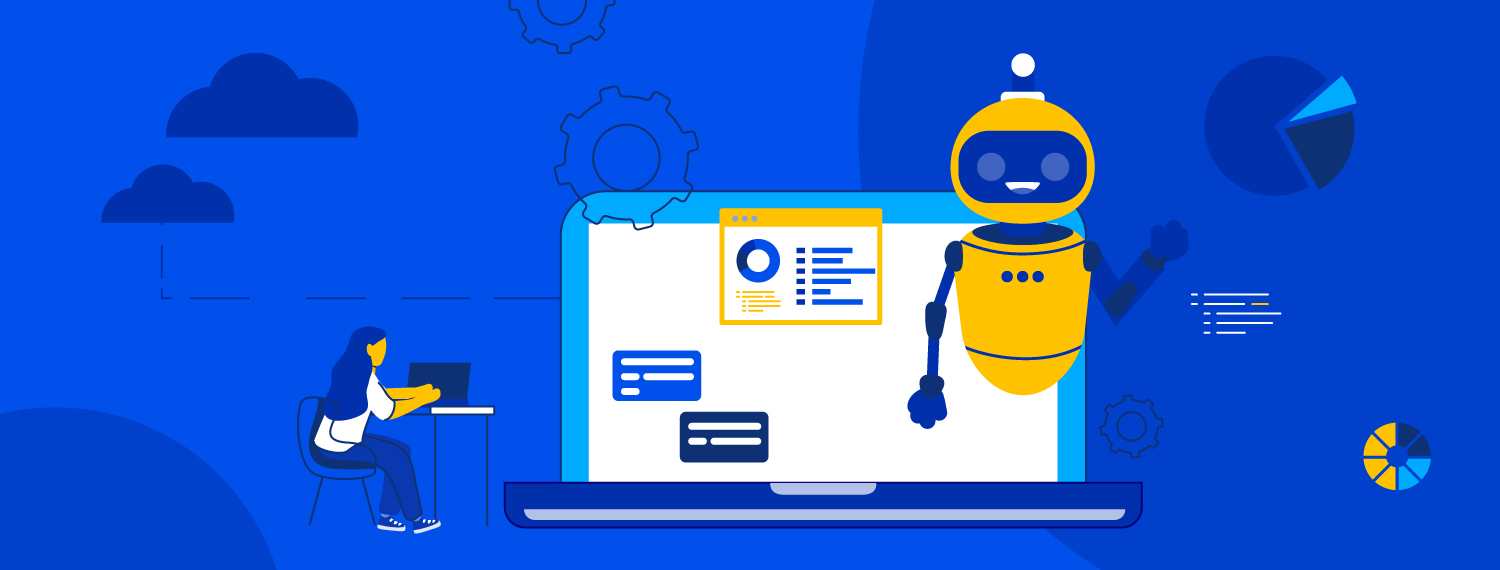You’ve heard about ChatGPT. The amazing chatbot was created by OpenAI and made public recently.
It is a handy little AI that can spout out incredibly convincing, human-sounding prose in response to user-generated requests.
As per the Telegraph, the smart bot can do your job better than you and The Guardian, for instance, has this to say, “professors, programmers, and journalists could all be out of a job in just a few years.”
ChatGPT seems to be a technological game-changer. But will it take our jobs away or will it help us do our current jobs in a better and enhanced manner?
Here are a few instances of how you can use this tool to get your work done faster:
Writing: ChatGPT may produce written content, including emails, reports, and blog posts. The model only needs a prompt to produce text, which you may then tweak and refine as necessary. In contrast to starting from scratch, this can save a substantial amount of time.
Automation: ChatGPT can be used to automate time-consuming operations like booking appointments or replying to consumer enquiries. This can increase productivity and free up time for other crucial duties.
Data analysis: ChatGPT can assist with massive data analysis and can offer summaries, insights, and reports. Important data can be extracted from unstructured data sources like emails and chats with its assistance.
Language Translation: ChatGPT can translate written material from one language to another, which is helpful for companies or people dealing with a worldwide clientele.
Now, having understood what ChatGPT can really do for us, here are a few of its limitations that we need to know:
Contextual limitations: Because language models like ChatGPT lack access to outside context, they can only produce text depending on the input they are provided. This implies that individuals could be unable to formulate sensible or acceptable replies in specific circumstances, particularly if the input is confusing or lacking.
Lack of common sense: Since language models do not possess a common-sense grasp of reality, they may provide responses that are untrue in terms of the facts or make irrational assumptions.
Biased data: Language models like ChatGPT, which were trained on biased data,
Limited creativity: They are unable to be truly creative, as we are, while producing novel text.
Difficulty in regulating output: As the output is decided by the model’s own predictions, it can be challenging to manage the precise content or tone of the text created.
How ChatGPT is really transforming the way we work
Artificial intelligence (AI) and massive language models like ChatGPT are changing how we work by automating tedious activities and offering insightful data.
By requiring less time and effort to do some jobs, these technologies have the potential to enhance productivity significantly.
ChatGPT helps execute activities in a smarter and quicker manner
Automation is one of AI’s most significant ways to change the workforce. Nowadays, many manual activities may be accomplished by machines, freeing up human workers to concentrate on more challenging and innovative duties. AI can be used, for instance, to automate programming, customer support, and data entry. This helps businesses execute activities more quickly and effectively while also lowering the possibility of human error that can happen with manual operations.
ChatGPT helps in automating repetitive operations
ChatGPT can likewise significantly impact how we work. Natural language processing (NLP) tasks can be performed using these models, including text generation, language translation, and text summarization. Additionally, ChatGPT can be used to build chatbots and virtual assistants that automate customer assistance and service. By automating repetitive operations, businesses can save time and resources. They can also increase customer satisfaction by responding to inquiries quickly and accurately.
ChatGPT is here to enhance, not replace, human activity
It’s crucial to remember that artificial intelligence (AI) and sophisticated language models will only partially replace human workers. Instead, they will enhance human capacities and increase output. Companies will still require human employees to supervise AI systems and ensure they operate correctly.
Conclusion
In conclusion, AI and huge language models like ChatGPT transform our operations by automating routine processes and offering insightful data. These innovations boost productivity and enhance decision-making. The overall effect of AI and chatbots in the workforce will be favorable. They will allow us to be more effective and productive in our work, even though there will be specific difficulties and potential adverse effects. Future developments in this area are to be anticipated, and it will be fascinating to observe how they will influence how we operate.

